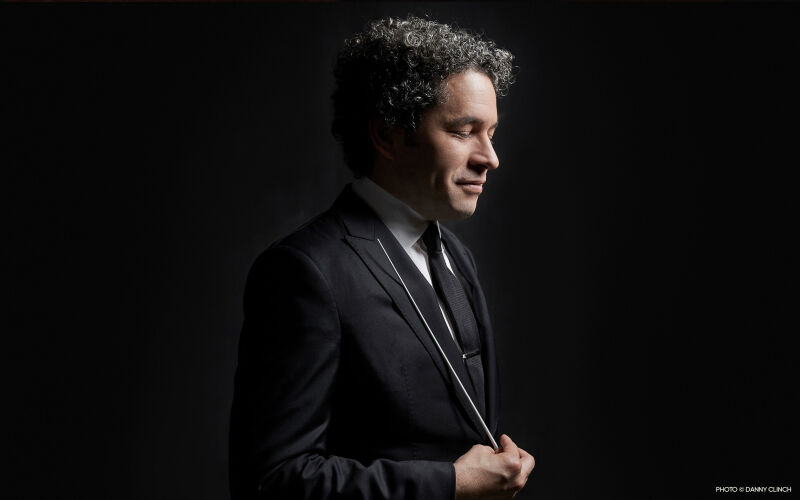
Introduction
Gustavo Dudamel, a name synonymous with innovation in classical music, continues to captivate audiences worldwide. Not only is he known for his dynamic conducting style and formidable talent, but he is also a pivotal figure in making classical music more accessible. As the music world evolves, Dudamel’s role as an ambassador for the genre grows ever more vital, attracting younger generations to orchestral music through his innovative approach.
The Rise of Dudamel
Born on January 26, 1981, in Barquisimeto, Venezuela, Dudamel’s journey began at an early age within the country’s renowned El Sistema program. This initiative not only provided him with basic musical education but also instilled in him a passionate commitment to the social responsibility of music. Making his international debut as a conductor at 18, Dudamel rapidly ascended the ranks of the classical music world, serving as the music director of the Los Angeles Philharmonic since 2009.
Current Endeavours
This year, Dudamel’s schedule has been laden with exciting projects that reflect his ongoing dedication to cultural diplomacy. He recently conducted a series of performances at the prestigious Vienna State Opera, marking an essential collaboration featuring works by contemporary composers that resonate with modern societal issues. Furthermore, his commitment to diversity and inclusion in the arts is evident in his efforts to mentor young musicians from underrepresented communities, ensuring that the future of classical music reflects a broader spectrum of voices.
The Impact of Dudamel’s Philosophy
Dudamel’s philosophy centres around the notion that music holds the power to unite and heal. His performances often emphasize themes of hope and resilience, which have resonated during the residual effects of the COVID-19 pandemic. Recent concerts have been notable not only for their artistry but also for their efforts to foster community through collaborative performances. His upcoming project aims to create a digital platform allowing students from around the globe to participate in virtual orchestral performances, furthering his commitment to accessibility in music education.
Conclusion
As Gustavo Dudamel continues to shape the future of classical music, his influence extends beyond the concert hall. By advocating for social change through music and developing new platforms for engagement, he champions a vision of classical music that is inclusive, dynamic, and relevant. In an age where traditional forms of art often face challenges, Dudamel stands at the forefront, ensuring that the beauty of orchestral music is preserved while inviting new audiences to experience its magic.
You may also like

The Evolving Career of Louis Tomlinson

Jay Z: The Evolution of a Music Legend

The Lasting Legacy of Amy Winehouse
SEARCH
LAST NEWS
- Danhausen: The Misstep of WWE’s Enigmatic Debut at Elimination Chamber
- West indies vs india: India Secures Semi-Final Spot with Thrilling Victory
- Rangers vs celtic: Thrilling Old Firm Clash Ends in Dramatic 2-2 Draw
- Man united vs crystal palace: A Thrilling Comeback at Old Trafford
- St. david’s day: Celebrating Heritage and Unity at Llandaff Cathedral